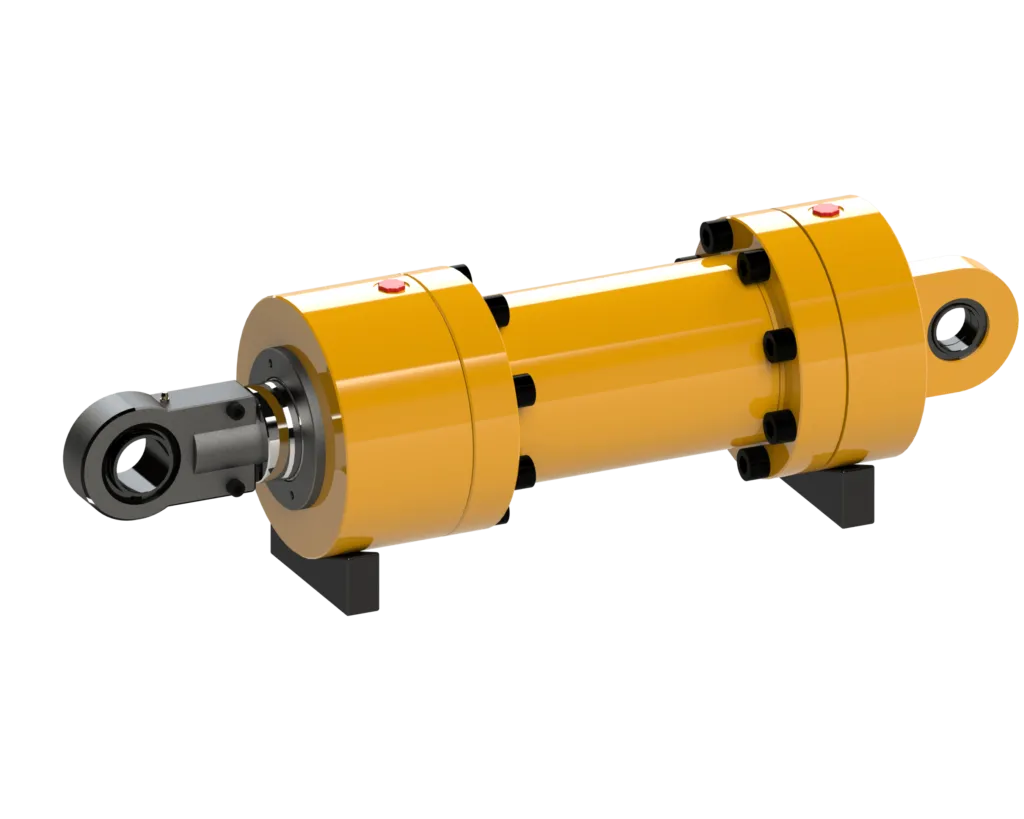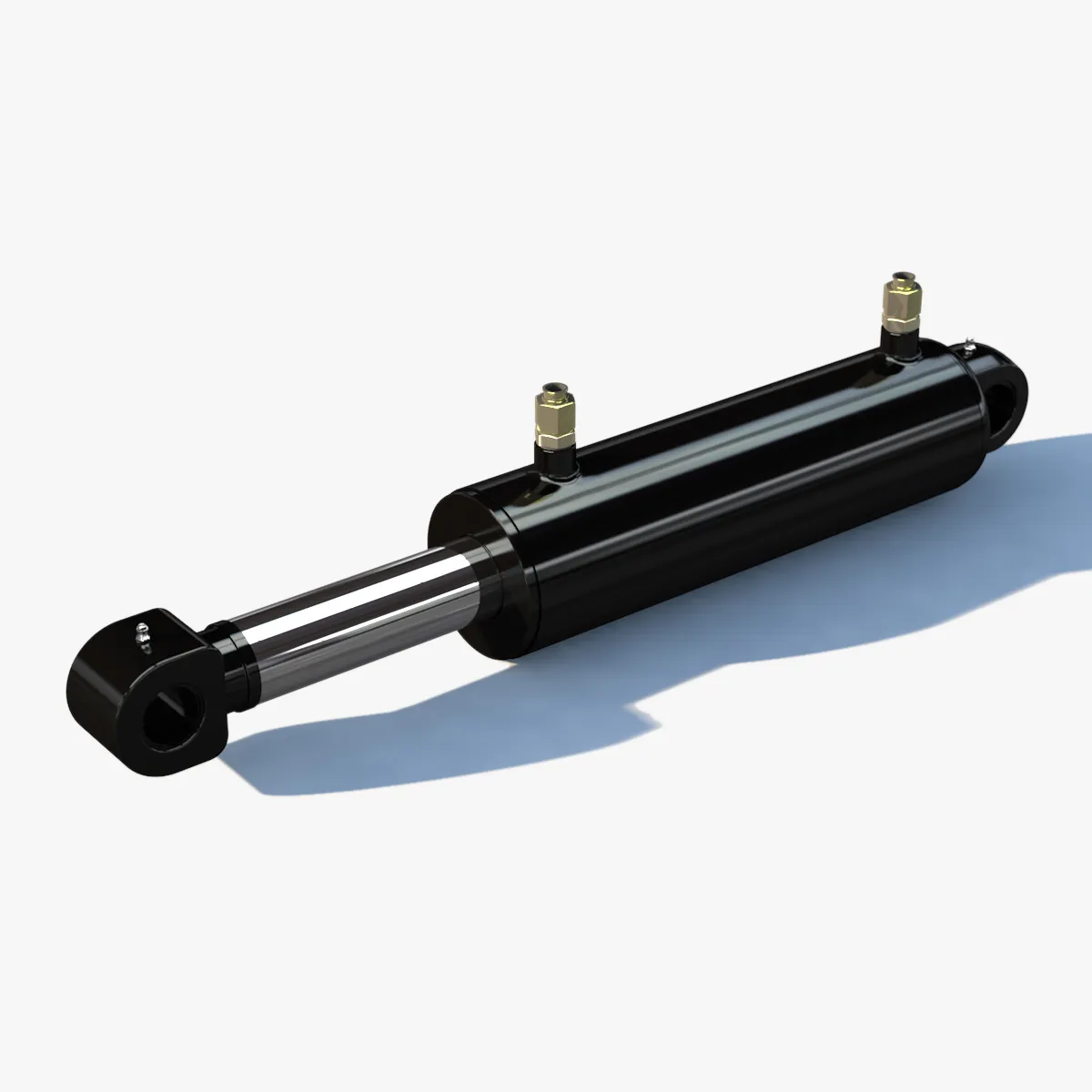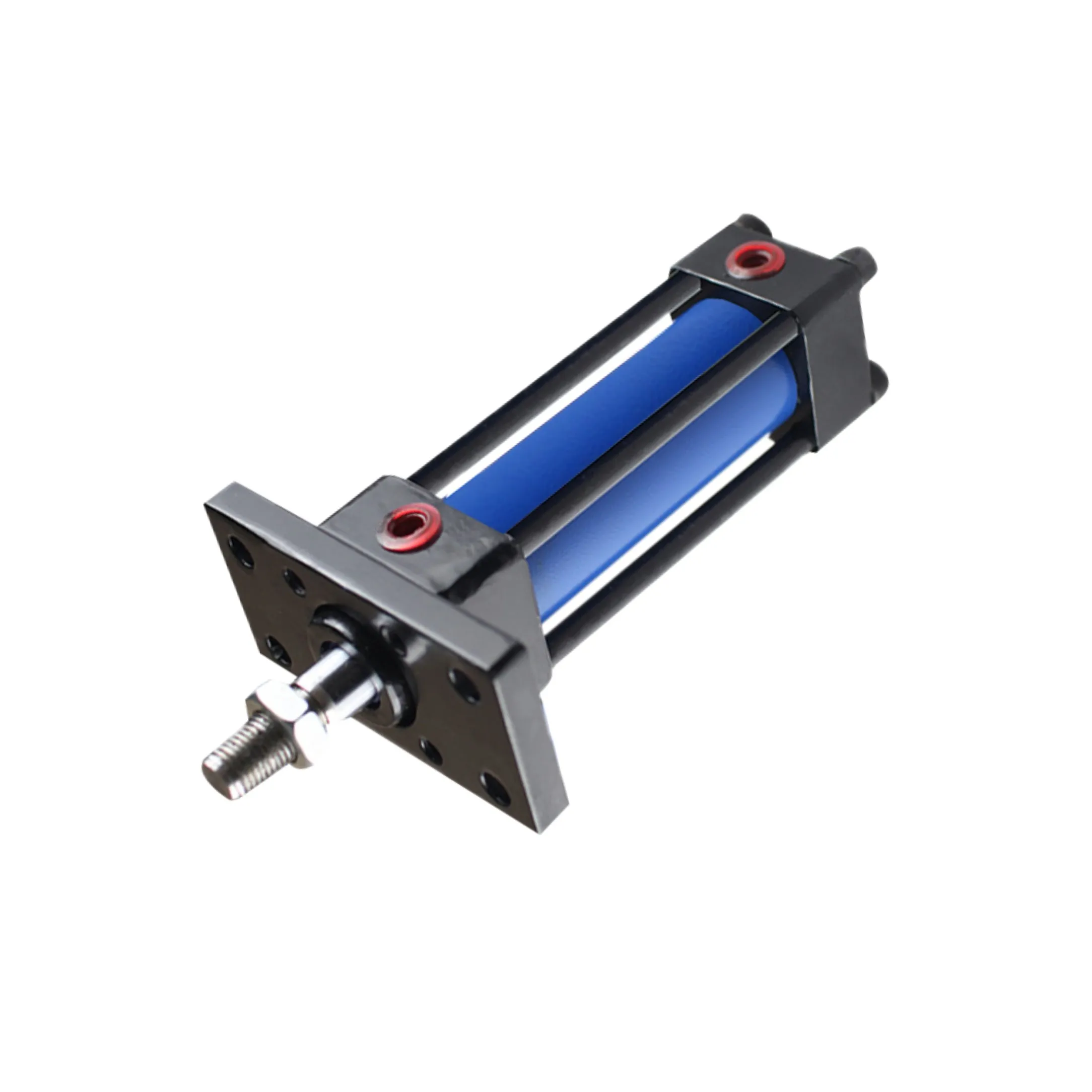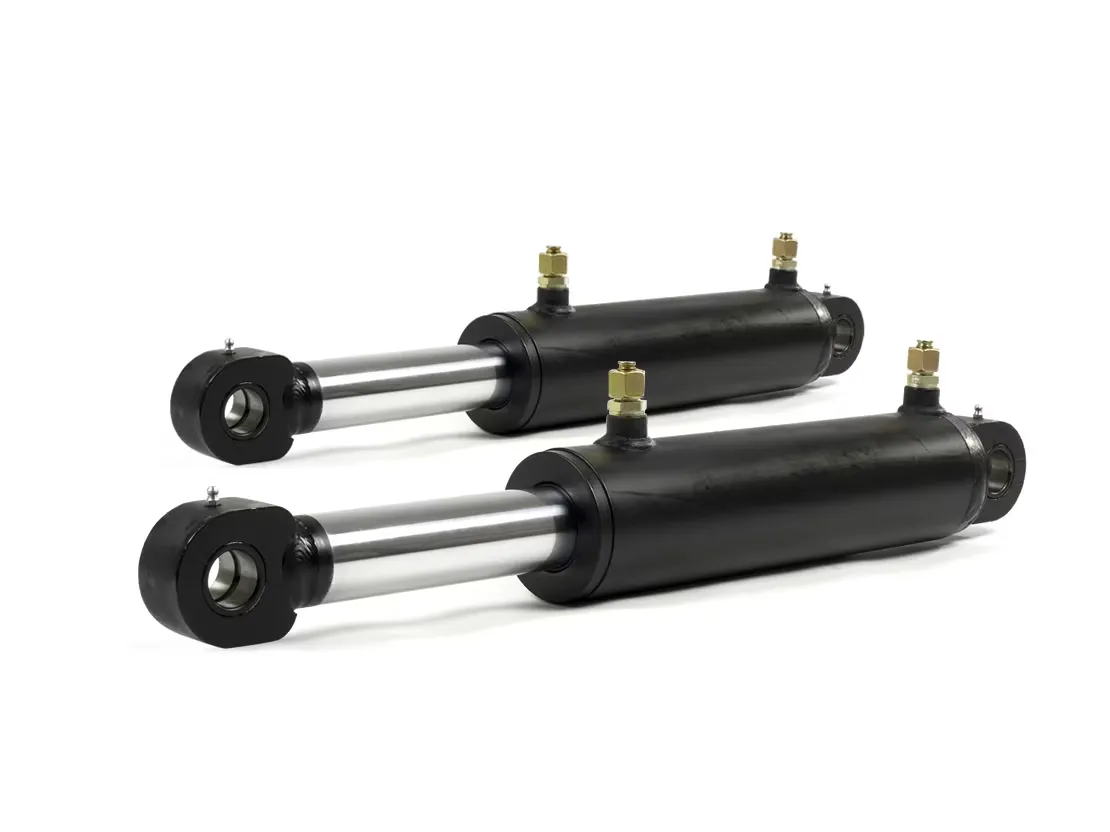Durable Mill-Type Welded Hydraulic Cylinder Construction
Introduction
In the realm of hydraulic systems, mill-type welded hydraulic cylinders play a crucial role in providing the necessary force and motion. These cylinders are robustly designed to withstand high pressures and heavy loads, making them ideal for various industrial applications. Let’s delve into the key aspects of mill-type welded hydraulic cylinders to understand their construction, working principle, advantages, and more.

Design Characteristics
When it comes to the design of mill-type welded hydraulic cylinders, several key components are involved, including the shell, inner cylinder, piston, and other crucial parts. The manufacturing process emphasizes the use of advanced welding technology to ensure strength, durability, and optimal performance.
Welding Technology Considerations
The welding technology used in manufacturing cylinder components plays a vital role in ensuring the overall integrity of the hydraulic system. By employing precise welding techniques, the cylinders are able to withstand extreme conditions and deliver consistent performance.
Working Principle
The working principle of mill-type welded hydraulic cylinders revolves around the conversion of fluid pressure into mechanical force. This force is then used to move loads in various industrial applications, providing precise control and efficient operation.
Types and Configurations
There are three main types of mill-type welded hydraulic cylinders, each offering unique configurations and capabilities. Understanding these variations is essential for selecting the right cylinder for specific applications.
Advantages
Mill-type welded hydraulic cylinders boast several advantages, including high load capacity, long stroke, and rugged durability. These features make them suitable for demanding industrial environments where reliability and performance are paramount.
Performance Characteristics
The performance of mill-type welded hydraulic cylinders is influenced by factors such as working pressure, load capacity, and responsiveness. Selecting the appropriate cylinder size and configuration is crucial for achieving optimal performance in different applications.
Applications
Mill-type welded hydraulic cylinders find widespread use in industries such as heavy equipment, industrial machinery, and mining operations. Their versatility and reliability make them indispensable components in various machinery and equipment.
Design Considerations
When designing and selecting mill-type welded hydraulic cylinders, factors such as bearing capacity, sealing, durability, safety, and maintainability must be carefully considered. These considerations ensure that the cylinders meet the specific requirements of the application.

Sealing and Lubrication
Proper sealing and lubrication are essential for the efficient operation of mill-type welded hydraulic cylinders. Using high-quality seals and lubricants helps minimize wear and prolong the service life of the cylinders.
Maintenance and Inspection
Regular inspection and preventive maintenance are crucial for ensuring the optimal performance of mill-type welded hydraulic cylinders. By following proper maintenance procedures, potential issues can be identified and addressed promptly.
Installation Guide
Correct installation of mill-type welded hydraulic cylinders is vital for their safe and efficient operation. Following the recommended installation procedures helps prevent potential problems and ensures reliable performance.
Maintenance Tasks
Three key maintenance tasks, including regular inspection, proper lubrication, and seal replacement, are essential for extending the service life of mill-type welded hydraulic cylinders. By adhering to these tasks, potential issues can be mitigated, and the cylinders can function optimally.
Safety Considerations
Ensuring safety measures are in place when using mill-type welded hydraulic cylinders is paramount to prevent accidents and injuries. By following proper safety protocols, operators can work with these cylinders safely and effectively.
Fault Diagnosis and Solutions
Identifying common problems and diagnosing faults in mill-type welded hydraulic cylinders is essential for maintaining their performance. By understanding potential issues and implementing effective solutions, operators can address problems promptly.
Questions and Answers
1. What are the advantages of mill-type welded hydraulic cylinders?
Mill-type welded hydraulic cylinders offer high load capacity, long stroke, and rugged durability, making them ideal for demanding industrial applications.
2. What are the main components of a mill-type welded hydraulic cylinder?
The main components include the shell, inner cylinder, piston, and various seals that ensure proper operation.
3. How do mill-type welded hydraulic cylinders differ from other types?

Mill-type welded hydraulic cylinders are designed for heavy-duty applications, offering robust construction and reliable performance under high pressures and loads.
Long Tail Keywords
1. High Load Capacity Mill-Type Welded Hydraulic Cylinder
2. Durable Construction Mill-Type Welded Hydraulic Cylinder
3. Reliable Performance Mill-Type Welded Hydraulic Cylinder

Company Introduction
Our company is a leading manufacturer and wholesale distributor of hydraulic cylinders, specializing in durable mill-type welded hydraulic cylinders. With a complete product line and a commitment to quality and innovation, we strive to meet the needs of our domestic and international customers.
